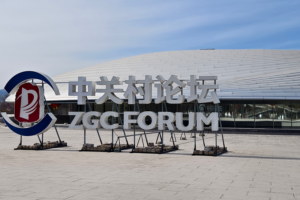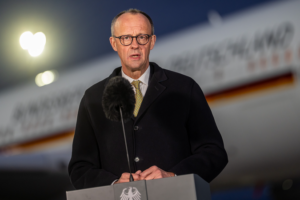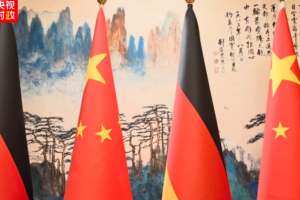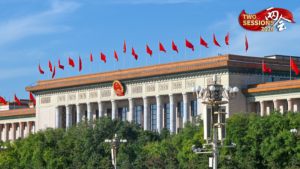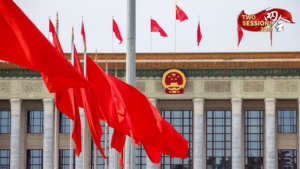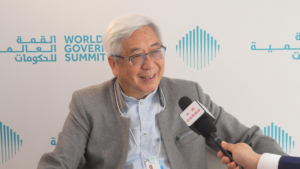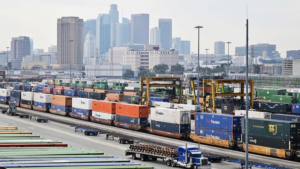
Cantonese Opera Revival: Blending Tradition with Tech & Education
Guangdong artist Zeng Xiaomin champions education and AI integration to revitalize Cantonese Opera for modern audiences, bridging tradition and innovation.

Total Lunar Eclipse Illuminates Ulan Hada Volcanoes During Lantern Festival
A total lunar eclipse illuminated Inner Mongolia’s Ulan Hada volcanoes during the 2026 Lantern Festival, blending celestial wonder with cultural tradition.
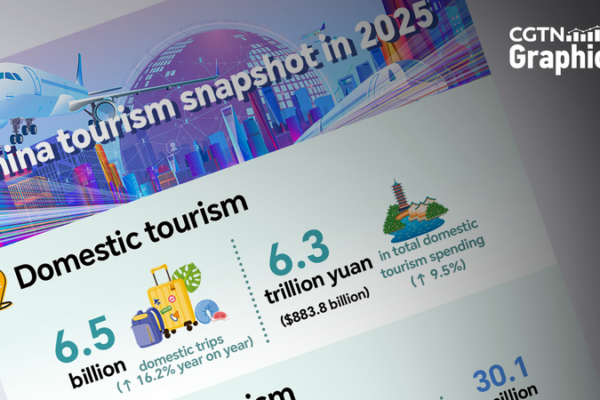
China’s Tourism Sector Soars in 2025: Domestic and International Travel Boom
China’s 2025 tourism surge: Domestic trips hit 6.52B, inbound visits up 17.1%, driven by visa-free policies and economic recovery.
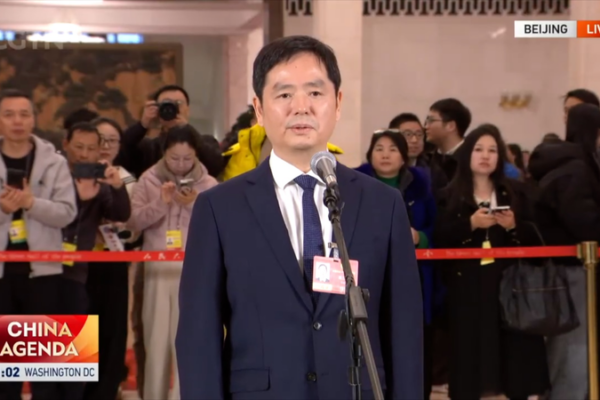
China’s 2025 Grain Harvest Hits Record High, CPPCC Member Credits Agricultural Tech
China’s 2025 grain output reached 1.43 trillion jin, with agricultural technology credited as the key driver by CPPCC member Huang Sanwen.
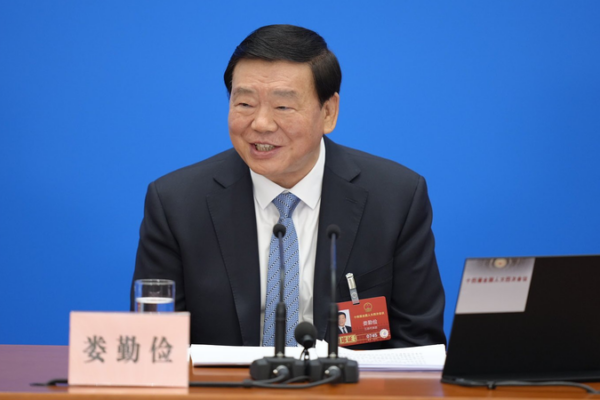
China Advances Green Legal Framework with New Environmental Code
China proposes landmark environmental legislation to strengthen ecological protection laws and support sustainable modernization goals in 2026.
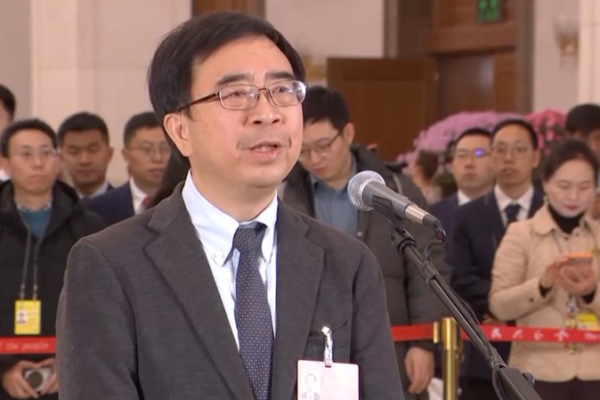
China’s Quantum Tech Advances Set Global Benchmark in 2026
China maintains global quantum computing leadership, plans accelerated tech commercialization through 2030 under new Five-Year Plan initiatives.

China’s Stage Revolution: Tradition Meets Innovation in 2026
Chinese stage productions in 2026 fuse ancient traditions with modern technology, creating immersive cultural experiences that captivate global audiences.

Yoik Meets Khoomei: China-Norway Musical Bridge Thrives in 2026
Norwegian band KEiiNO and Chinese musician Jargal blend Arctic yoik and Mongolian khoomei, showcasing cross-cultural harmony in 2026.

Iran’s Golestan Palace Damaged Amid Rising Middle East Tensions
Iran’s 16th-century Golestan Palace sustains damage during recent military strikes, sparking international preservation concerns and diplomatic repercussions.

Chongqing Boy’s DIY Drone Sparks Innovation Debate in China
A Chongqing boy’s homemade drone using household items sparks online debate about innovation and nurturing young talent in China.
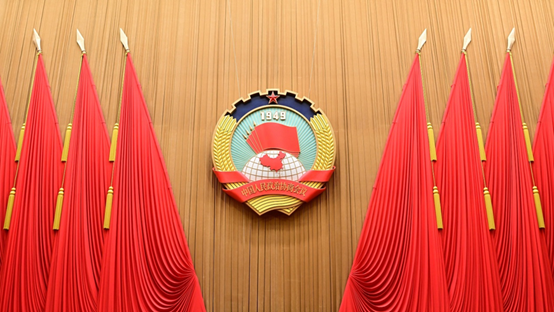
CPPCC Achieves 99.9% Proposal Handling Rate in 2025
The CPPCC processed 99.9% of 5,061 proposals in 2025, highlighting China’s policy efficiency and focus on economic modernization.
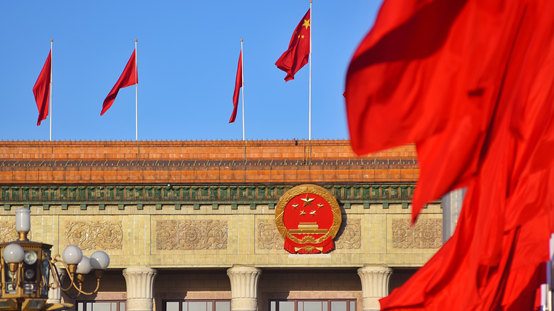
Xi Jinping Opens Key CPPCC Session Amid 2026 Policy Priorities
President Xi Jinping attended the CPPCC National Committee’s opening session, outlining China’s 2026 policy priorities and cross-strait relations.
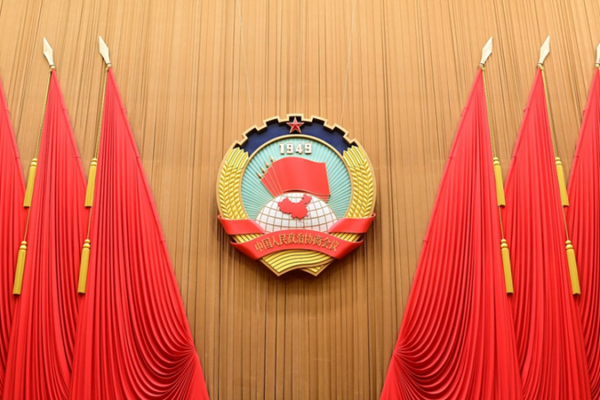
CPPCC Annual Session Opens in Beijing, Focuses on 2026 Priorities
China’s top political advisory body convenes in Beijing to outline 2026 policy priorities, focusing on economic growth, innovation, and cross-strait relations.

China’s Humanoid Robots Redefine Global Tech Landscape in 2026
China’s humanoid robots showcase groundbreaking AI and motion control at 2026 Spring Festival Gala, signaling major industrial and social applications.

China Urges Dialogue Amid Iran Tensions, Stresses Equality Among Nations
China calls for dialogue in Iran tensions, reaffirms commitment to multilateral diplomacy and equality among nations at NPC session.
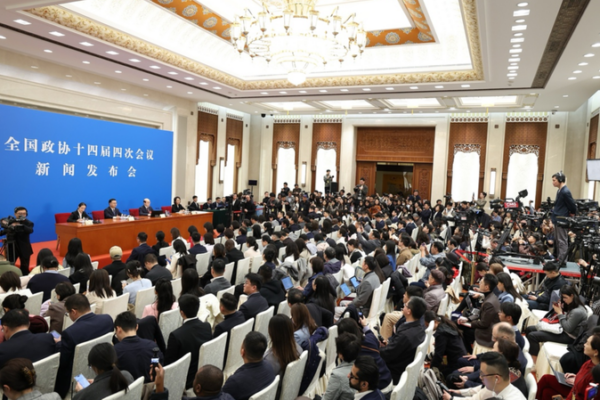
China’s Democratic Engine Powers Tech Innovation Surge
China’s 2026 tech advancements reveal how people-centered democratic processes shape national innovation strategies, transforming grassroots needs into cutting-edge solutions.
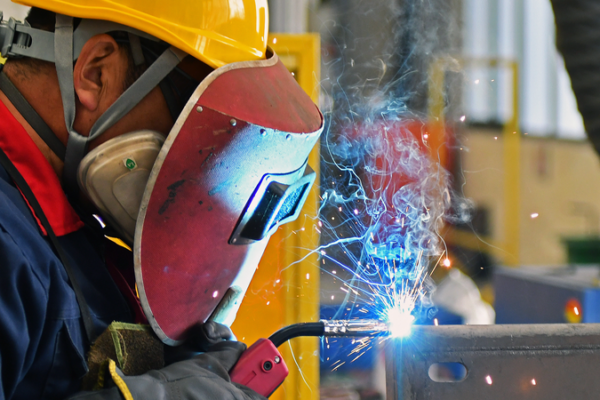
China’s Manufacturing PMI Hits 5-Year High as Exports Surge
China’s manufacturing PMI surged to 52.1 in February 2026, marking the fastest expansion in five years amid rising export orders and production growth.
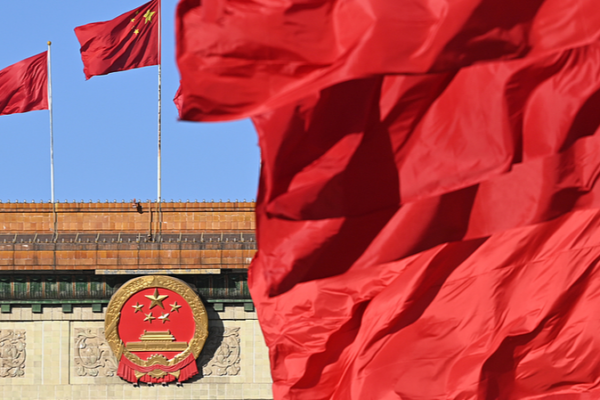
China’s 2026 NPC Session Kicks Off with 15th Five-Year Plan, Environmental Code in Focus
China’s 14th NPC convenes to deliberate the 15th Five-Year Plan, environmental legislation, and economic strategies shaping 2026 priorities.

China Reaffirms Sovereignty, Criticizes External Interference Ahead of NPC Session
China reaffirms opposition to external interference in internal affairs ahead of key legislative session, emphasizing sovereignty and cross-strait stability.
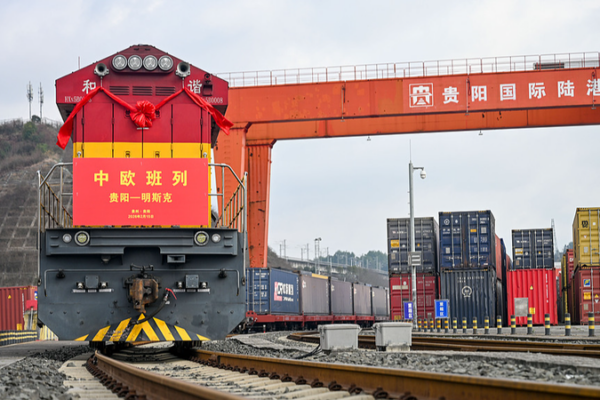
China Proposes Expanded Cooperation with Europe in 2026
China emphasizes mutual benefits in expanding economic and political ties with Europe, as highlighted during the 14th NPC session.
